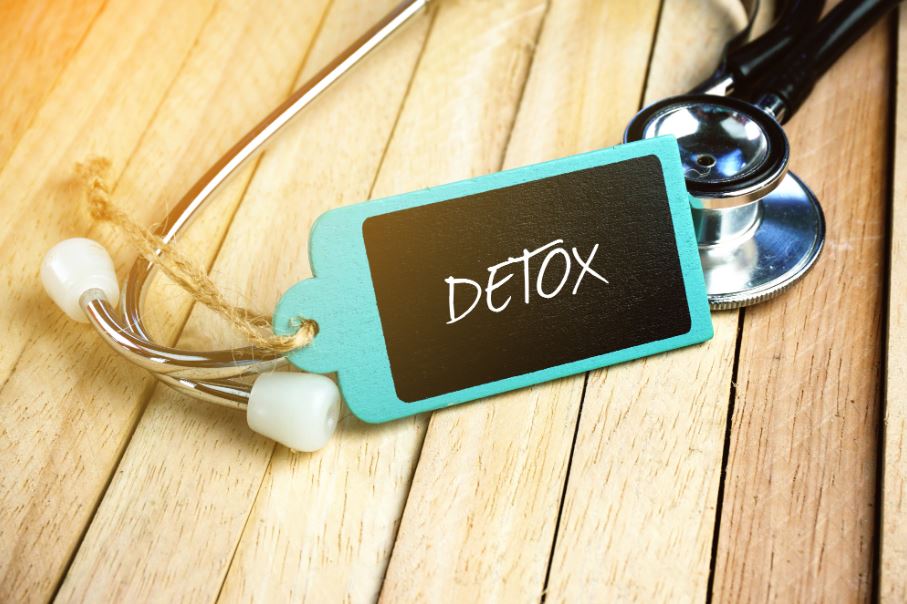Is it possible to complete alcohol detox at home without any assistance? For some people it is. But for others, it can be ineffective and even dangerous.
First of all, this option does not include a structured detox treatment plan. It relies solely on the struggling addict’s willpower.
More importantly, alcohol withdrawal symptoms are life-threatening in extreme cases. Besides, it’s impossible to determine the best treatment plan without consulting an alcohol detox professional.
If you’re planning on detoxing from alcohol at home, you need to know the risks. Do not attempt unassisted alcohol detox until you read the warnings below.
A Greater Danger of Relapse
First of all, it’s much easier to relapse if you detox from alcohol at home. For instance, you might still have several stashes of alcohol where you live. And if you don’t, it’s easy to obtain more.
More importantly, there’s no one to stop you except you. When powerful withdrawal symptoms begin, your willpower might not be enough to prevent a relapse.
You should at least have some type of support or assistance, such as the help of a loved one. Alternatively, you could get professional assistance through inpatient treatment.
No Help
Next, consider the obvious. If it’s possible to quit on your own, wouldn’t you have done it already?
We’re not trying to be discouraging. But the truth is that many addicts can’t quit without assistance. In fact, most of them try to quit (and fail) at least once before seeking professional assistance.
If you fit into this category, don’t perpetuate the cycle. Instead, seek professional help from San Diego rehab centers.
Less Effective Treatment
Willpower isn’t the only problem. Besides strength, you also need a strategy.
Do you have the knowledge and experience necessary for a successful detox? If not, seek help from those who do, namely alcohol treatment centers in San Diego.
This doesn’t only apply to inpatient treatment, either. If you still plan on detoxing at home, consult with an alcohol treatment professional first. This way, you’ll receive a structured treatment plan and personalized instructions.
It Might Be Another Excuse
Often, at-home alcohol detox is actually another excuse to perpetuate the addiction. Those who aren’t fully committed to recovery make a “half-attempt” by trying to quit at home. When this fails, it strengthens the idea that quitting is impossible.
Contrarily, checking into rehab centers in San Diego is a true step toward recovery. It requires addicts to step out of their comfort zones and surrender control.
Physical Withdrawal Symptoms
In most cases, the physical symptoms of alcohol detox are not severe or life-threatening. However, they’re very uncomfortable and they may last longer than a week. This makes it difficult for recovering addicts to follow through to the end without assistance.
6-12 Hours After Last Drink
The first symptoms usually begin within 6-12 hours after the last drink. These include:
- Headaches
- Nausea
- Vomiting
- Sweating
- Trembling
- Insomnia
It may help to take over-the-counter medicine for these symptoms. But you should discuss this with a rehabilitation specialist before you do.
12-48 Hours
These symptoms will probably worsen within the first 48 hours of detoxification. During this time, you may develop new symptoms, including seizures, hallucinations, and panic attacks.
These symptoms are dangerous and require immediate medical treatment. If you experience any of these, get to a San Diego alcohol rehabilitation center right away.
After 48 Hours
Additional symptoms may show up after the 48-hour mark, including:
- Fever
- Excessive sweating
- Fast heart rate
- High blood pressure
- Confusion
This is also the time to watch out for delirium tremens. These are hallucinations that occur as a result of extreme alcohol withdrawal.
Although they only happen about 5% of the time, DTs can be fatal. This is the number one reason why you should check into a rehab center before attempting detox.
After 1 Week
For most recovering addicts, withdrawal symptoms fade almost completely within one week. However, those recovering from severe alcohol addiction may experience symptoms for up to a year.
More importantly, detoxed addicts may continue to have cravings for the rest of their lives. Plus, the underlying reasons for the addiction (depression, anxiety disorders, etc.) might still be present.
Both of these factors often lead to relapse, especially when addicts detox without assistance. Fortunately, San Diego rehab centers offer ongoing therapy and support to help you cope.
Mental/Emotional Withdrawal Symptoms
Detoxing also causes mental/emotional withdrawal symptoms, especially anxiety and irritability. These usually worsen during the first 48 hours. After this, they may or may not dissipate.
Depression is also common once detox is complete. As mentioned, those who detox from alcohol at home won’t necessarily have support for these issues.
Malnourishment/Vitamin Deficiency
The detox process makes the addict sick with nausea and/or vomiting. Even if they’re able to eat something, they might be unable to keep it down.
In extreme cases, this causes dangerous malnourishment/vitamin depletion. Such addicts will need medical attention right away. Thus, it would not be safe for them to detox without assistance.
That’s why you must consult a rehab specialist before detoxing at home. They’ll determine the safest detox treatment plan and place you in inpatient care if necessary.
Should You Try Alcohol Detox at Home?
Ultimately, you must never attempt alcohol detox at home until you consult with rehab professionals. This is the only way to ensure your safety.
To that point, don’t wait to schedule your consultation. Contact us now to get help from qualified San Diego alcohol rehabilitation experts.

